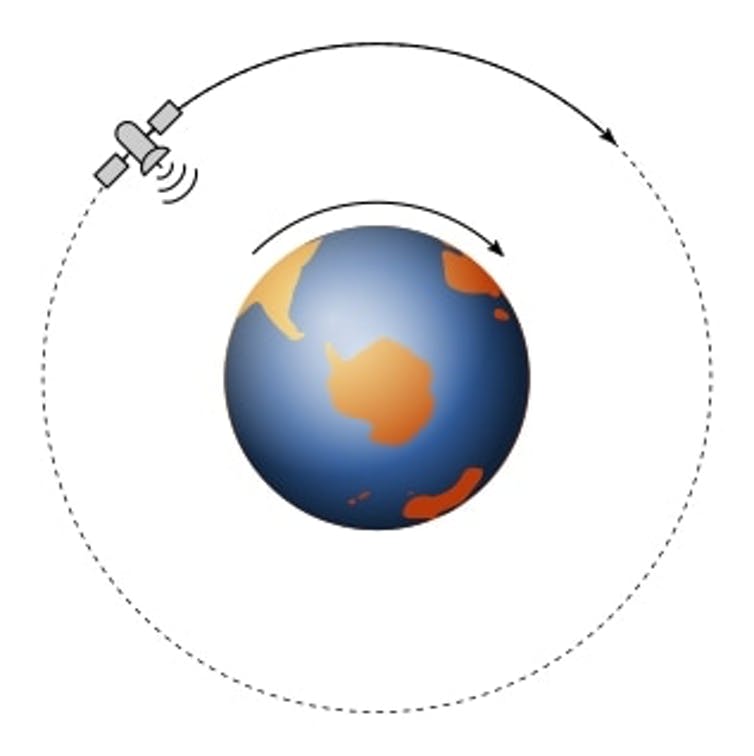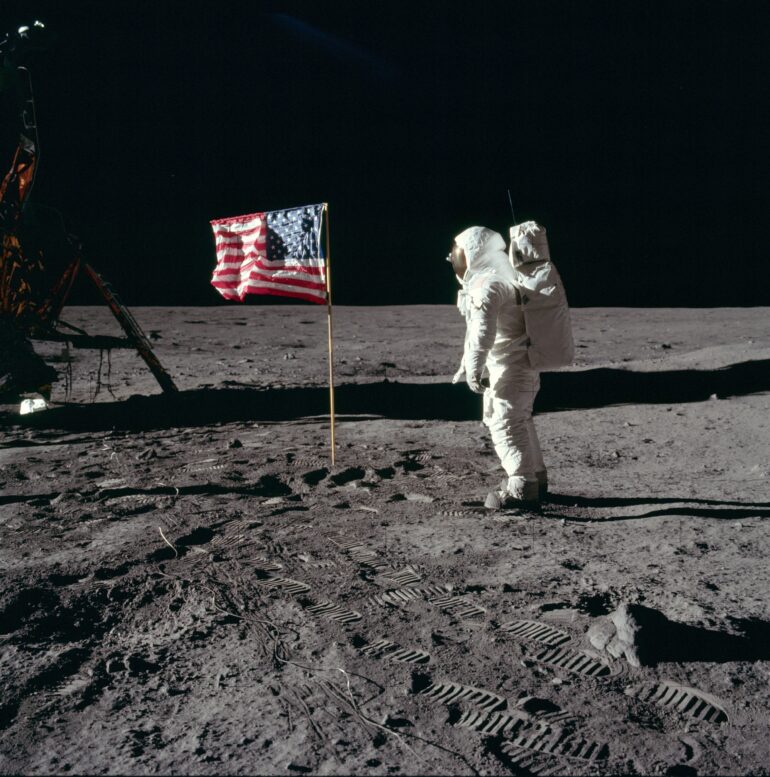Satellites help run the internet and television and are central to the Global Positioning System. They enable modern weather forecasting, help scientists track environmental degradation and play a huge role in modern military technology.
Nations that don’t have their own satellites providing these services rely on other countries. For those that want to develop their own satellite infrastructure, options are running out as space fills up.
I am a research fellow at Arizona State University, studying the wider benefits of space and ways to make it more accessible to developing countries.
Inequity is already playing out in access to satellites. In the not-so-distant future, the ability to extract resources from the Moon and asteroids could become a major point of difference between the space haves and have-nots. As policies emerge, there is the risk that these inequities become permanent.

Geostationary orbits, where a satellite stays above a single point along the Earth’s equator, are very valuable. But there is only enough room for 1,800 satellites in this orbit, and many of these slots are already taken or spoken for.
MikeRun/Wikimedia Commons, CC BY-SA
Where to park a satellite
Thanks to the rapid commercialization, miniaturization and plummeting costs of satellite technology in recent years, more countries are able to reap the benefits of space.
CubeSats are small, cheap, customizable satellites that are simple enough to be built by high school students. Companies such as SpaceX can launch one of these satellites into orbit for relatively cheap – from $1,300 per pound. However, there are only so many places to “park” a satellite in orbit around Earth, and these are quickly filling up.
The best parking is in geostationary orbit, around 22,250 miles (35,800 kilometers) above the equator. A satellite in geostationary orbit rotates at the same rate as Earth, remaining directly above a single location on Earth’s surface – which can be very useful for telecommunications, broadcasting and weather satellites.
There are only 1,800 geostationary orbital slots, and as of February 2022, 541 of them were occupied by active satellites. Countries and private companies have already claimed most of the unoccupied slots that offer access to major markets, and the satellites to fill them are currently being assembled or awaiting launch. If, for example, a new spacefaring nation wants to put a weather satellite over a specific spot in the Atlantic Ocean that is already claimed, they would either have to choose a less optimal location for the satellite or buy services from the country occupying the spot they wanted.
Orbital slots are allocated by an agency of the United Nations called the International Telecommunication Union. Slots are free, but they go to countries on a first-come, first-served basis. When a satellite reaches the end of its 15- to 20-year lifespan, a country can simply…


